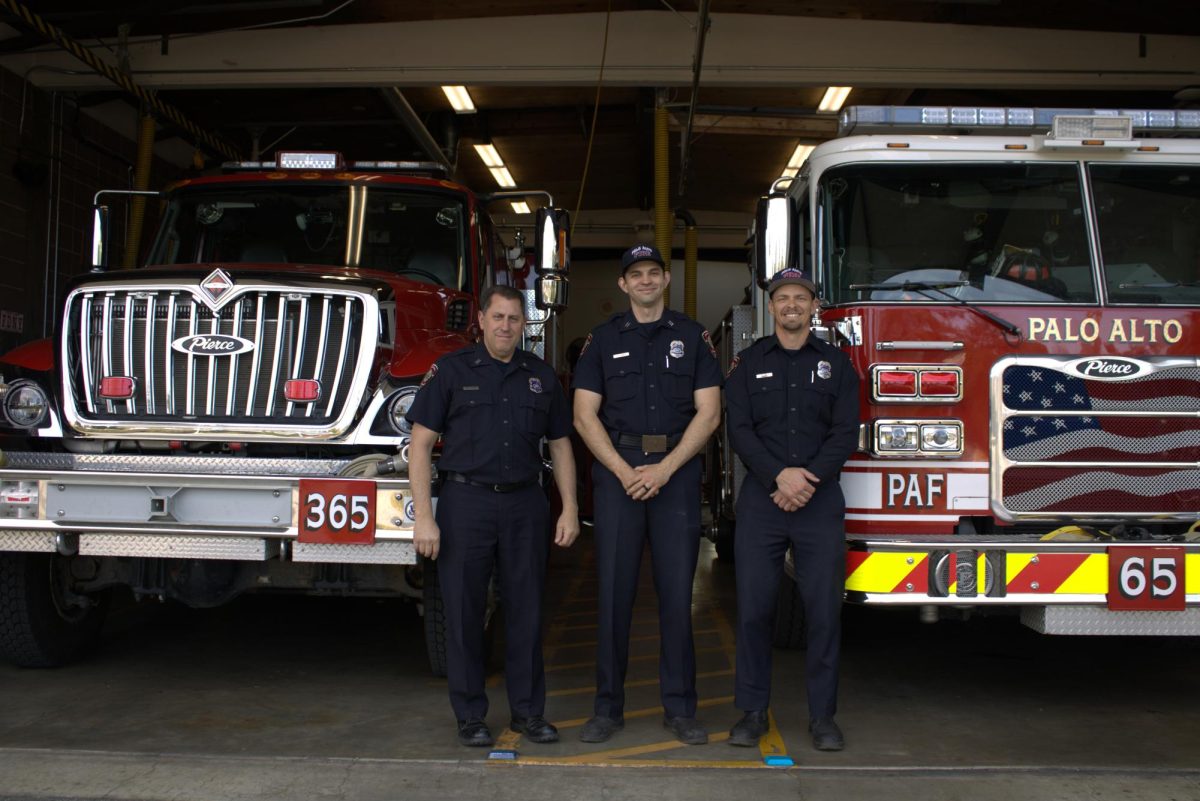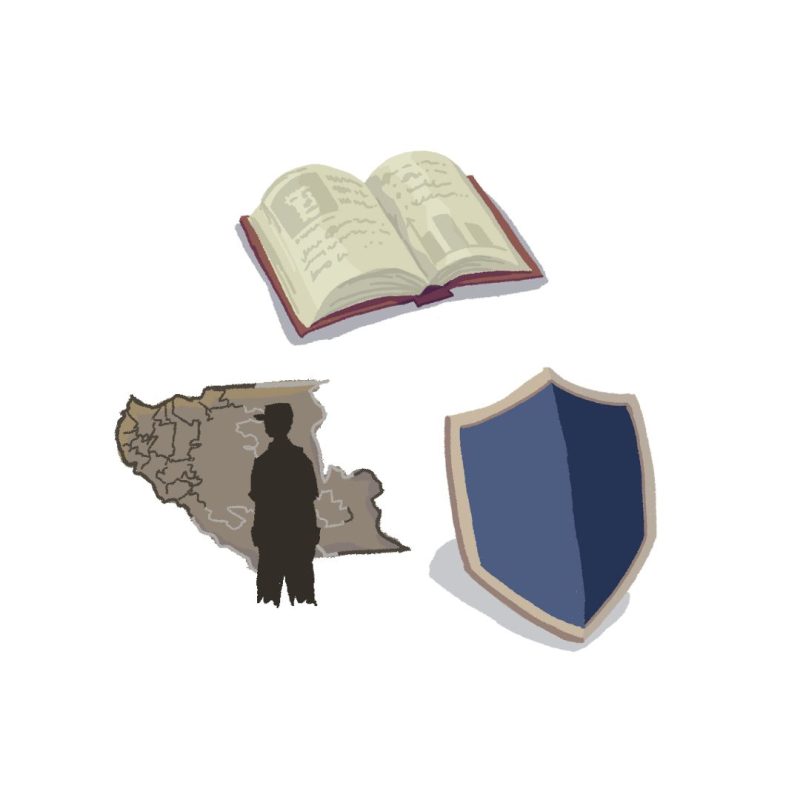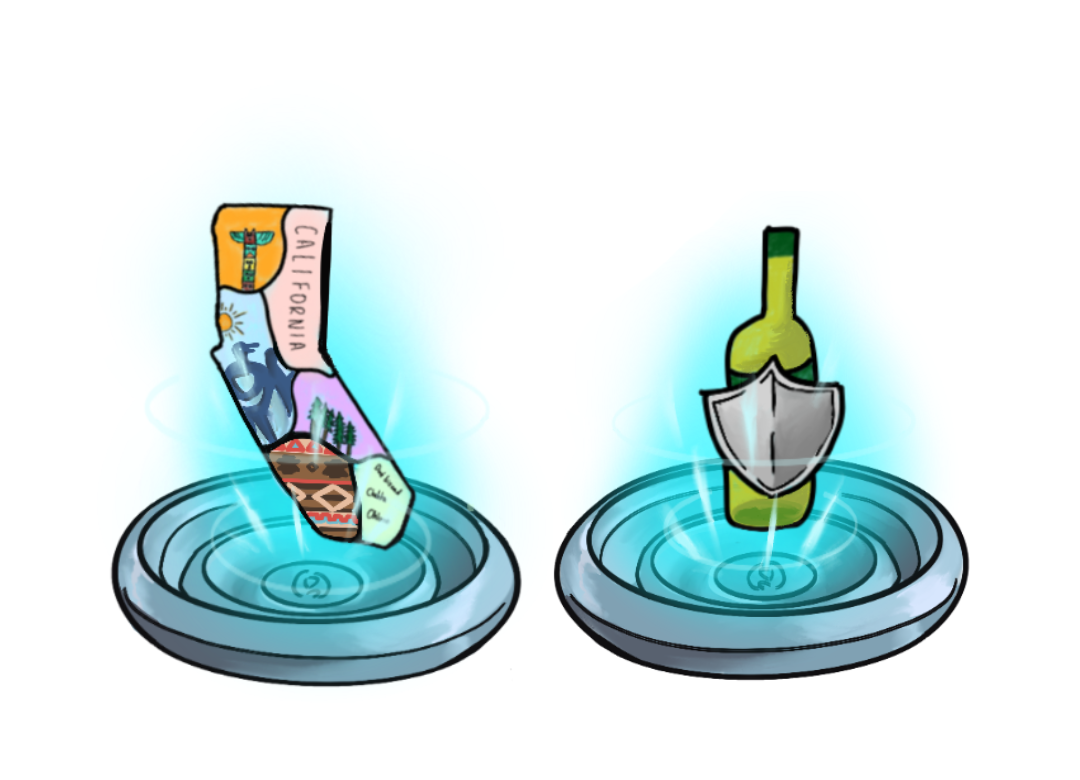Written by Aayush Dubey
The administration and the Palo Alto Board of Education are working on new proposals for students in response to the recent tragedies. According to Principal Dr. Denise Herrmann, the administration hopes to accomplish both short-term and long-term goals. One of the main focuses is helping students learn more academically while still maintaining a healthy lifestyle for themselves.
One of these proposals includes aligning to the board’s homework policy, something that Superintendent Dr. Max McGee hopes will balance a student’s level homework, tests and projects. McGee thinks that making teachers’ homework assignments more in-line with the board’s homework policy will promote student wellness in a way that helps a student’s future success. “Many nights, students stay up late to do their homework; we want to reduce that to just a few occasional nights,” McGee said. “The idea is to help students maintain a healthy work-life balance. A positive and productive balance empowers students to achieve the fullest intellectual, creative, and social potential.”
The board is also considering implementing a new bell schedule and expects to receive schedule suggestions in May from the Creative Bell Schedule Committee. One proposal for a new schedule involves extending class periods and allowing more time for teachers to create engaging activities for students. “The board is willing to hear proposals for [a] new bell schedule, even if the current schedule may not change much,” McGee said. “There may be some options that would really enhance teaching and learning and hopefully reduce student stress.”
Herrmann believes that focusing on wellness and health is essential for students to develop inner strength. “A simple lecture on suicide [for example] won’t be very effective,” Herrmann said. “I deeply see wellness and socioemotional learning eventually being woven into our school community. I hope students gain the skills to live a balanced life.”
According to senior Rose Weinmann, a significant problem with currently available services is that they are not well known among the community. “We have to try find ways to get these resources more known at Gunn,” Weinmann said. “There are good things out there, so connecting Gunn kids with those resources is crucial.”
McGee hopes that these services and proposals will allow students, parents and teachers to be more vigilant to signs of depression for students. “Being vigilant to the needs and health of others and educating our community are critically important aspects of suicide prevention,” McGee said. “We should address student problems and mental health as a community issue, instead of just a school problem.”













